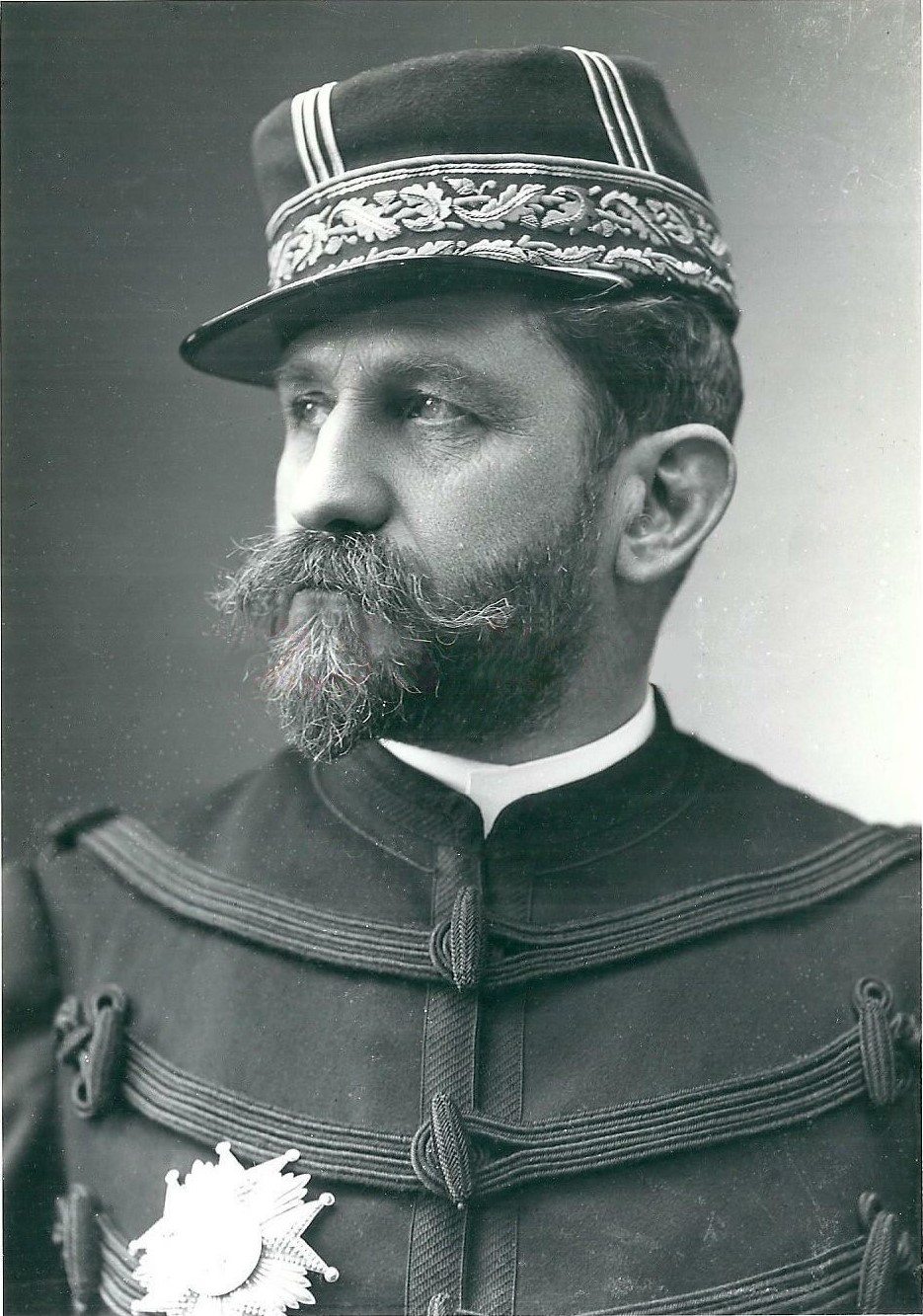 |
| General Georges Boulanger (From Wikipedia) |
In March, 1888, they committed the blunder of dismissing [Boulanger] from the army for engaging illegally in politics while in military service. As a result, Boulanger was no longer a soldier under government orders, and was free to stand for election to the Chamber of Deputies. In the following weeks he entered one by-election after another, as the French electoral system made it possible for him to do, and in each case he was triumphantly elected. The crucial test of Boulanger's popularity came on January 27, 1889, when he stood as a candidate in radical, skeptical Paris. The government threw all its resources in the campaign to defeat him, but again he won a tremendous victory. It was now generally expected that he would seize the opportunity offered by this popular mandate to overthrow the government. Plans for a coup d'etat were made by his supporters; the commanders of the key regiments in Paris waited for his orders. But instead of leading his troops against the government, he spent the night of January 27 with his mistress. Afterward, alarmed by the news of the government's intention to arrest him for treason, he fled abroad." (196-197) --Norman Rich, The Age of Nationalism and Reform, 1850-1890